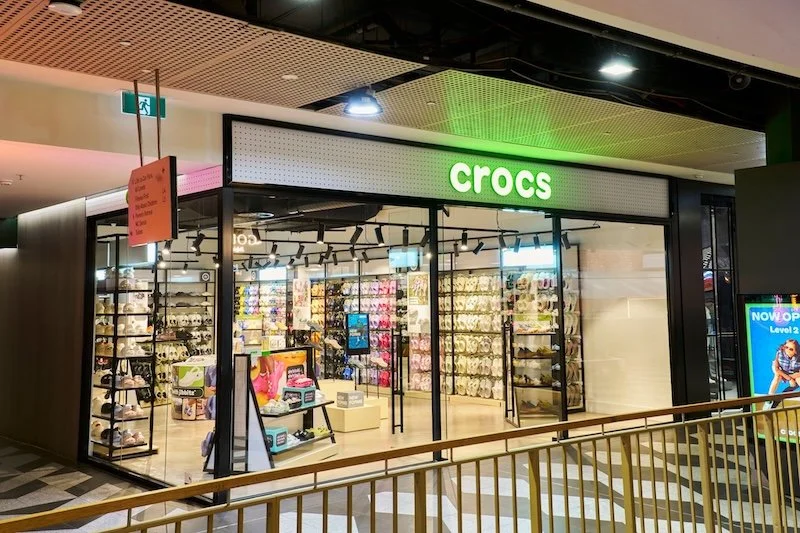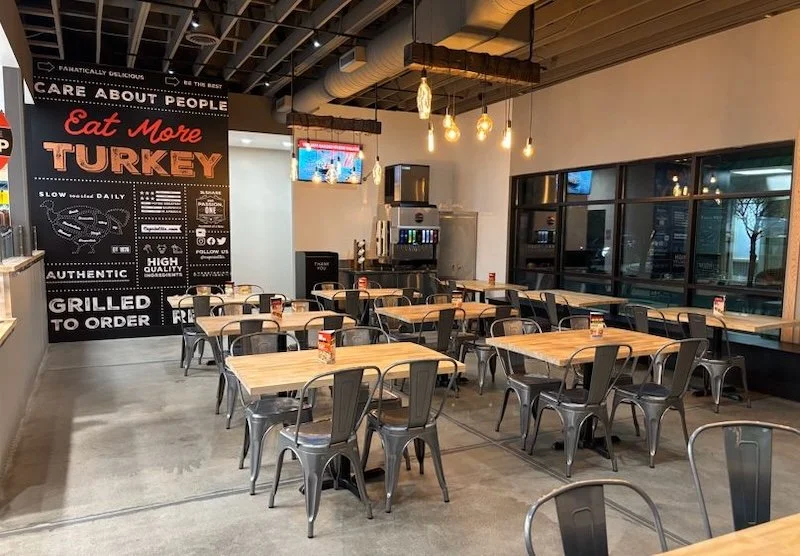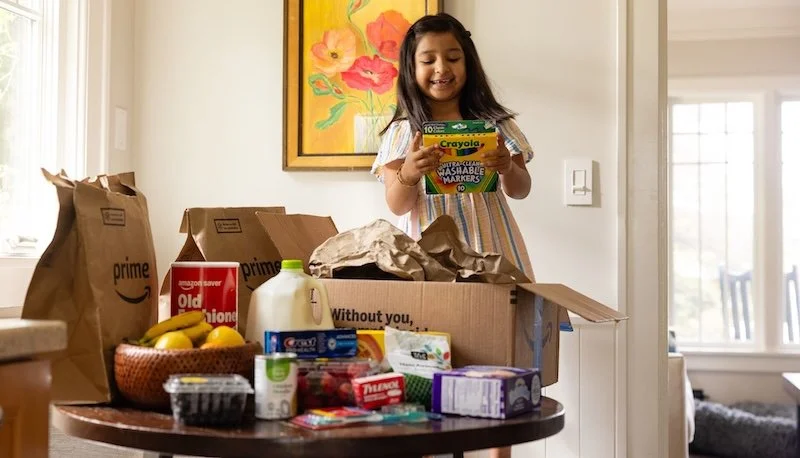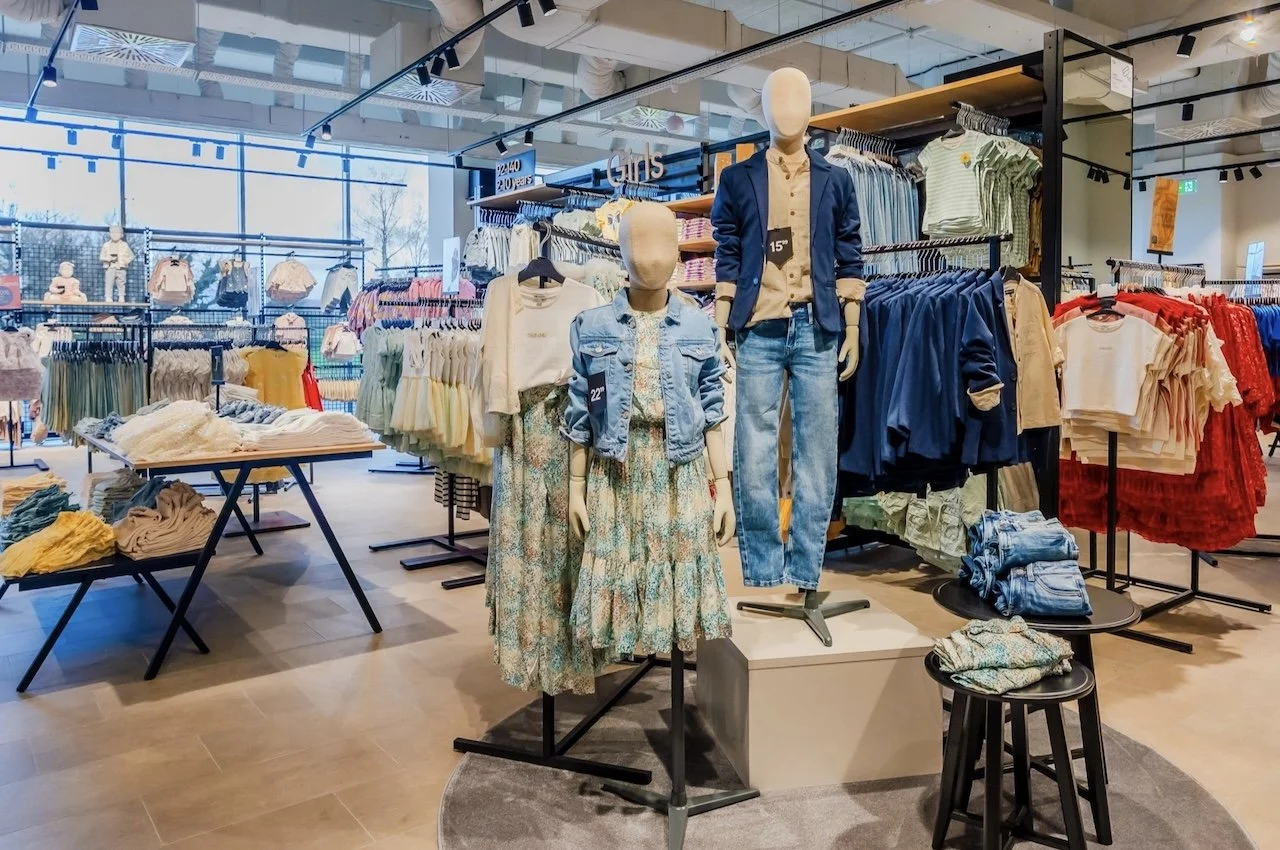Top four services retail businesses should start using in 2023
Global retail sales are projected to grow at a rate of 4.5% in 2023. The importance of the retail industry cannot be overstated. It makes products and services accessible to people all over the world at affordable prices.
Retailers often operate at smaller profit margins but receive consistent business once they establish their stores. With the option of going online now available, the retail business offers a plethora of opportunities to expand and grow your business.
Let’s take a look at some of the top services you should start using to manage your retail business better and make it grow with ease.
Top four services retail businesses should start using in 2023
Retail businesses are often seen as one of the busiest businesses. You are always dealing with customers and working to make sure all the products and services are available to them at all times. With the rise of technology, retail stores have taken to selling online.
This new dimension promises an exciting future for the retail industry. But it also highlights the need for even more efficient management for a store. Retailers need to enlist the help of some services that bring ease to their operations and help them grow their business.
We’ve put together a list of some of the services that can help lift your retail store as well as master the industry, one step at a time. However, you need to make sure that you have the budget and infrastructure to support these services.
Many store owners make the mistake of simply hiring services that they think will help them without considering if they can accommodate them in their business or not. This is why it’s important to consider those aspects before you add a service to your system.
Now, let’s dive in and take a look at the top services retail businesses should start using in 2023.
1. E-commerce platform
We talked about retailers ascending the online space to make use of technology to advance their business. An e-commerce platform plays a pivotal role in that. It is an all-in-one software solution that helps businesses sell products online.
It does everything from managing the cataloged products to conducting their purchases as well as maintaining relationships with clients. They offer services such as website building, accounting, and inventory management along with customer service.
Here is a detailed look at the food and beverage e-commerce platforms and how businesses are putting them to use. If you’re already selling online, an eCommerce platform can help improve operations tremendously.
If you’ve never sold online, an e-commerce platform is the perfect avenue to get started. It will scale your operations and allow you to go online and engage customers in meaningful ways. Add to it, they offer additional features that aid operations.
a) Choosing an e-Commerce platform
Here are a few considerations you need to make when choosing your e-commerce platform:
i) Cloud hosting — an e-commerce platform can be both self-hosted and cloud-hosted. However, cloud hosting is lightweight and easy to manage as it doesn’t put a load on your system. Moreover, its costs are relatively lower and it offers better customer support.
ii) Integrations — Platforms offer different plugins and integrations such as email marketing, accounting, payment, and customer loyalty programs. You need to choose the one that suits you the best.
For example, if you want a dedicated tool for email marketing, you may pick an e-commerce platform that doesn’t have one as you’re going to get a separate one anyway.
iii) UX — User experience is crucial in choosing a platform. This applies to both how you and your employees make use of the platform as well as the experience you provide to your customers through it. It should be easy to use and understand.
iv) Scalability — Scalability also plays a pivotal role in taking a store online. You don’t want to tie yourself to the idea of a small store that offers limited options to its customers. While it may not be feasible as of now that you could expand, keep the option open and pick a platform that enables scalability of processing a wide range of products at once.
2. Accounting software
More than 60% of small business owners feel that they are not knowledgeable enough when it comes to accounting. An accounting software can take care of your retail store’s accounting with no hassle. You don’t have to get well-versed in bookkeeping to do it as well.
However, we recommend you gain basic knowledge of accounting and bookkeeping. It will help you use the software solution optimally and be more confident in your usage. An accounting software is basically a tech version of a sales ledger.
It tracks incoming and outgoing transactions while recording everything in an organized manner for further use. It also helps in inventory management, payroll operations, and overall management of your retail store.
By keeping a record of every transaction, your accounting software directly helps you in your compliance obligations and filing of tax returns. All your bills and receipts are stored in one place and can be navigated with ease.
a) Choosing an accounting software
Here are some important factors to consider when choosing an accounting software for your retail store:
i) Features — While a software solution will perform the accounting duties such as tracking accountable payable and accounts receivable, determine what other features you need of it such as inventory management, generating reports, and payroll.
ii) Usability — Consider how you’re going to use it. If you intend to use the platform on the go, you shall look for a software that offers a mobile application. Similarly, see if the solution is cloud-based or not if you want a lightweight system.
iii) Multi-user access — You may need to share the platform with your business partners, accountant, and consultant. Make sure the system you choose allows multi-user access for a smooth flow of operations between you and your associates.
iv) Integration — It’s extremely important for your accounting software to be connected with other systems such as PoS and CRMs to be able to collect their data in a timely manner and keep the books updated at all times.
3. Point of Sale (PoS)
If you’re a retailer, you’re probably already using a PoS system. It’s one of the first and most important tools a retail store needs, regardless of how tech-savvy you may or may not be. A Point of Sale is basically a tech version of a cash register.
It’s a software solution that records all your transactions as they happen. It helps a store streamline transactions and offers customers multiple options for payments such as credit cards, debit cards, mobile payments, etc.
One of the most important benefits of having a PoS is the ease of use. It vastly eases operations by making transactions quick and easy for both you and your customers. Moreover, it gives reliable options for customers to engage with you.
More customers are willing to buy from your when you present them with a safe and secure payment gateway that is also quick. Lastly, a PoS facilitates further processing of your transactions by recording them in an organised manner.
Here are some features you should look out for in your system:
● Retail accounting that tracks incoming payments from customers and outgoing payments to associates and customers.
● Generating sales reports that help you understand customer behavior such as the percentage that pays through cash and what product is the most popular among them.
● Inventory management that generates live counts of the stock so that you are prepared to place orders in time.
● Customer management that tracks the purchases of all customers along with shipping and delivery as well as their shopping patterns.
4. Marketing automation software
Many retail owners wrongly assume that their store doesn’t need much marketing and if at all it does, on-the-ground marketing is sufficient. That is not true. You need to promote your store by letting your community know that you’re selling products of need at great prices.
And a marketing automation software helps you curate and streamline your marketing efforts with ease. It not only helps you publish content on various platforms but also performs customer tracking, customer segmentation, and marketing analytics.
Look for the following features in the platform you choose:
a) Targeted campaigning, such as drip campaigns will target customers based on their previous behavior with you, making them much more likely to engage with your efforts.
b) Segmentation will help you create groups of customers based on shared interests and behaviors and interact with them based on that.
Choose services that empower your store in every aspect for all around growth
Retail businesses are hectic businesses that require constant effort and dedication from you. Make use of some tools to improve your operations in no time.
Enlist the help of an e-commerce platform to go digital with your store. An accounting software solution will help you organise your accounts.
A PoS system will help you organize the transactions with customers and vendors. And a marketing automation tool will streamline your marketing efforts.
Let us know in the comments what you think are the services that can retail stores take their game to the next level.
Author bio
Atreyee Chowdhury is a freelance content writer with more than 10+ years of professional experience.
She’s passionate about helping SMBs and enterprises achieve their content marketing goals with her carefully crafted and compelling content. She loves to read, travel, and experiment with different cuisines in her free time. You can follow her on LinkedIn.




















Continue reading…